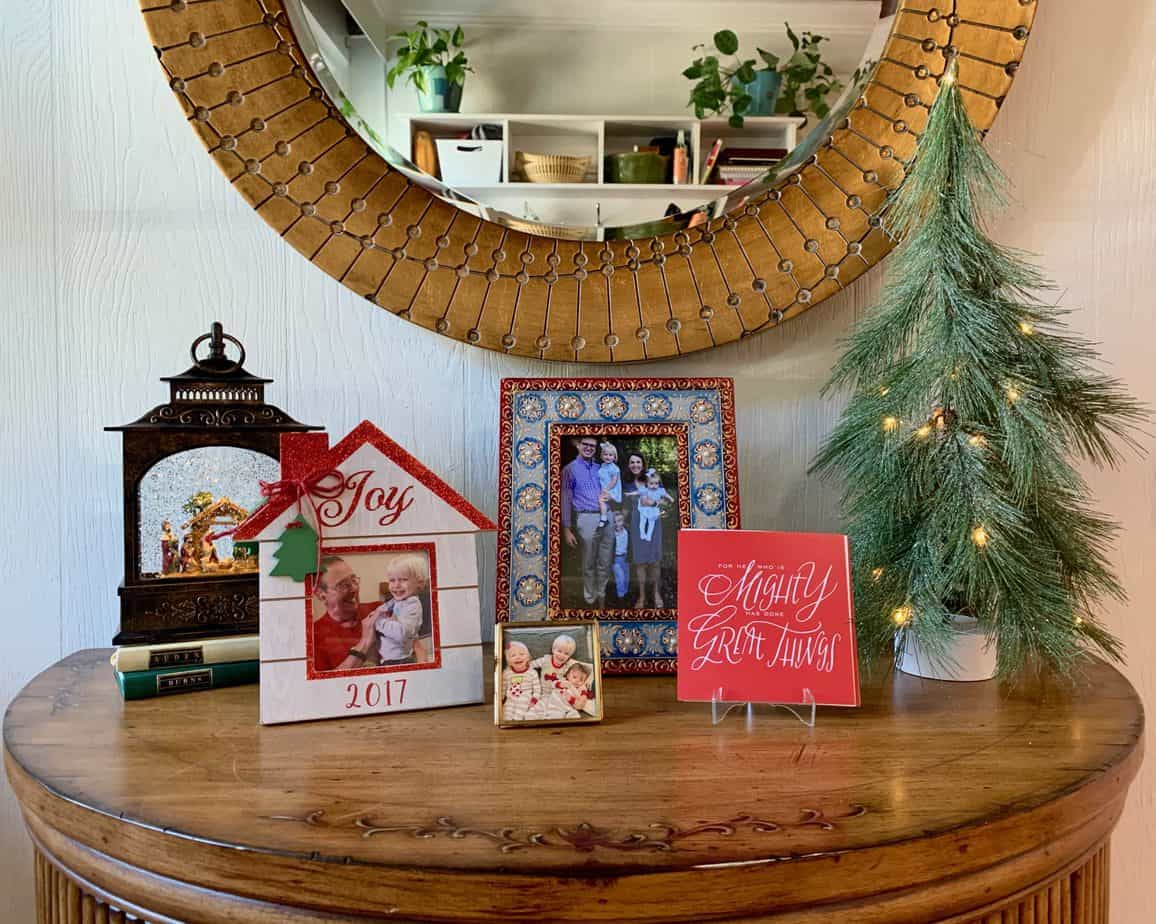To start, I need you to understand that I am not good with a monthly budget. I would always go over and just could not figure out how to plan accordingly. There were always things that would come up that we didn’t plan for and it truly just stressed me out. So, Nate and I came up with a daily budget that was really more of a game and highly motivated me.
Here’s how it worked:
Nate broke down our money into how much I could spend daily. That’s right, daily. I don’t remember what it was but for the sake of easy math let’s say it was $50/day.
Obviously, there were days I would spend more than $50 (grocery day, for instance) and if I did, I would calculate how many “days” I had spent and try to go that many days without spending. So If I spent $100 at the grocery, I knew I should try not to spend any the next day to make up for it.
This also worked in the positive. For instance, if I went a day without spending, I knew I had racked up that money towards the next day(s). At the end of the week, any money leftover was fun and could be used however the heck we wanted, or saved. Talk about an incentive!
Honestly, I think this is where the “can we go one more day?” grocery shopping principle was born! Trying my hardest to stretch the groceries one more day to keep us on track.
I know this might sound like a lot and feel like a task, but we needed to be diligent. Nate was in school and I wasn’t working. This was THE budget method that was actually successful for us. I simply kept a 5×8 notecard in the kitchen, drew columns for the days of the week, and would stick any expenses in the columns. At the end of the day, I would tally it up and there would either be a surplus that would roll over to the next day or any we overspent would be subtracted from the next day. So, on a Monday, if I spent $60, then I only had $40 for Tuesday. However, if I only spent $10 on Monday, then I had $90 saved up for Tuesday. (This was just for spending; we had already accounted for fixed costs like rent, electric bill, etc.)
I hope this makes sense! In short, it kept me on track and was highly incentivizing for me to pinch those pennies and have a surplus at the end of the week.






